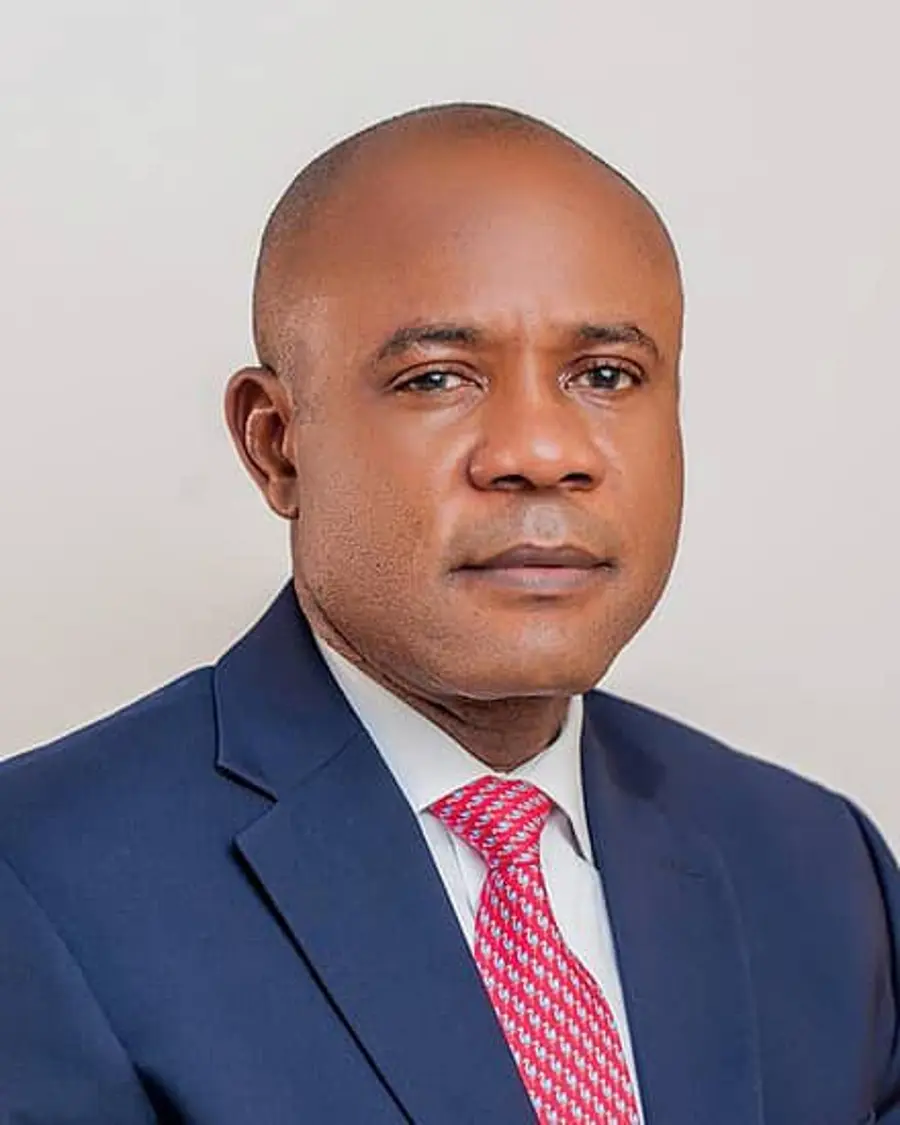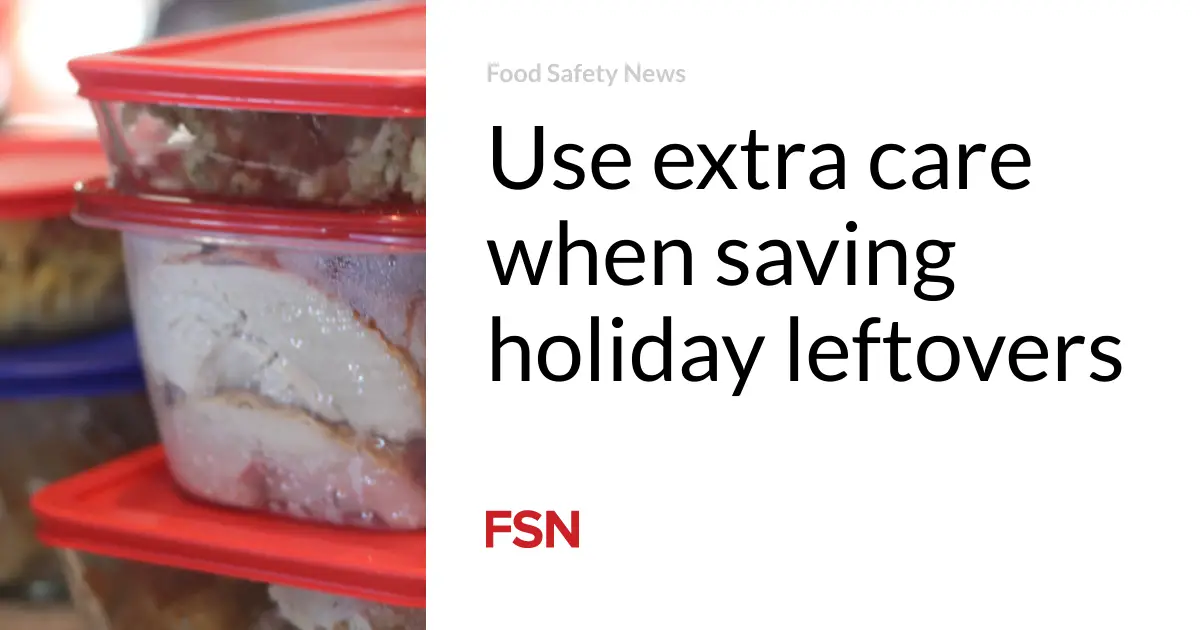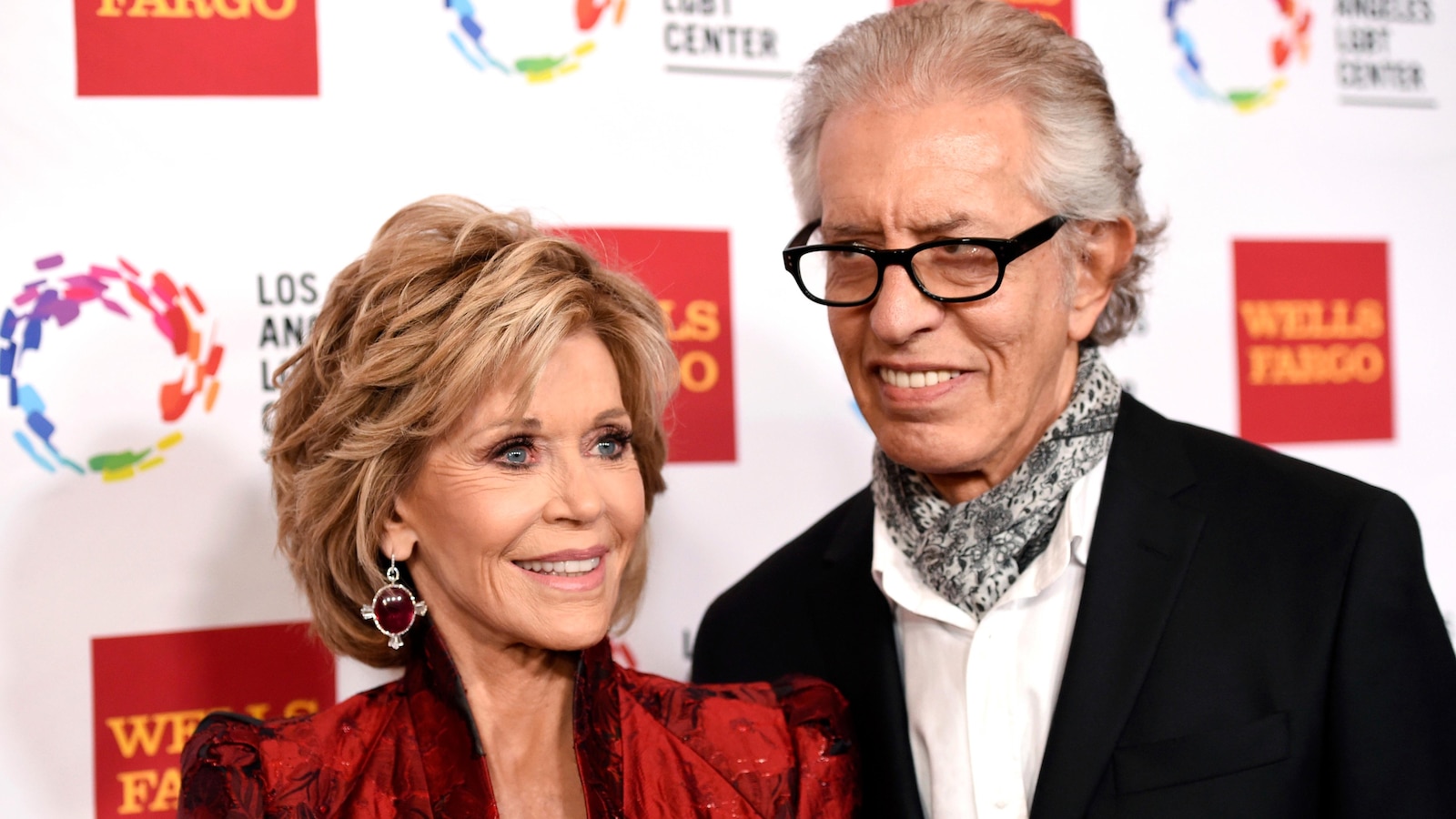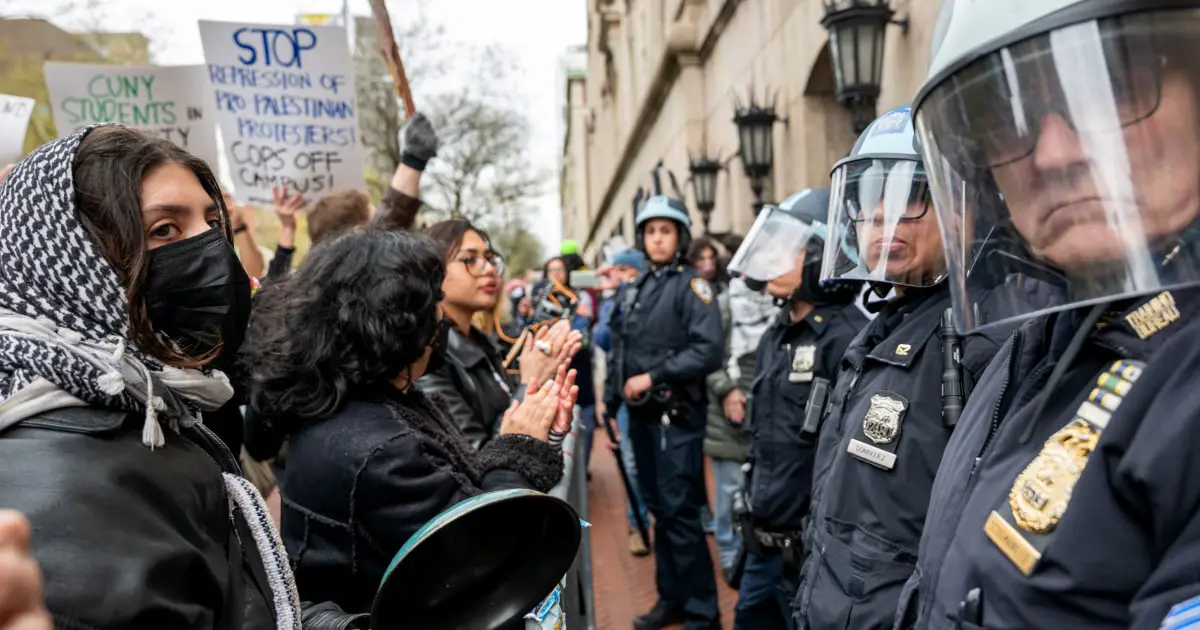
A growing number of leaders and organizations have called on Columbia University and its president to protect students amid reports of antisemitic and offensive statements and actions on and near its campus, which has been the site this week of a pro-Palestinian encampment and protest.
The protest and encampment on campus has drawn attention to the right of free speech and the rights of students to feel safe from violence, with a campus rabbi recommending Jewish students return home for their own safety.
Early Monday, Columbia President Nemat “Minouche” Shafik said that classes would be held virtually Monday and that school leaders would be coming together to discuss a way to bring an end to “this crisis.”
In a statement to the university community, Shafik said she was “saddened” by the events on campus, and denounced antisemitic language, and intimidating and harassing behavior.
“The decibel of our disagreements has only increased in recent days. These tensions have been exploited and amplified by individuals who are not affiliated with Columbia who have come to campus to pursue their own agendas,” she said. “We need a reset.”
Shafik’s announcement followed mounting calls for action.
In a letter shared on social media Sunday, Chabad at Columbia University said students have had offensive rhetoric hurled at them, including being told to “go back to Poland” and “stop killing children.”
White House deputy press secretary Andrew Bates said in a statement Sunday that protesters in and around Columbia cross the line if they say violence should befall Jewish students.
“While every American has the right to peaceful protest, calls for violence and physical intimidation targeting Jewish students and the Jewish community are blatantly antisemitic, unconscionable, and dangerous — they have absolutely no place on any college campus, or anywhere in the United States of America,” he said.
“Echoing the rhetoric of terrorist organizations, especially in the wake of the worst massacre committed against the Jewish people since the Holocaust, is despicable,” Bates continued, referring to Hamas’ Oct. 7 attack on Israel, where 1,200 were killed.

Protesters have decried Israel’s bombardment of the Gaza Strip, which has displaced over 75% of the estimated 2.3 million people in the enclave and killed over 34,000 people there, according to Gaza health officials. They have also called on Columbia to divest from companies connected to Israel.
One of the groups at the center of campus protests, Columbia Students for Justice in Palestine, released a statement Sunday night on the social media platform X seeking to distance its participants from unlawful agitators and imagery that would cast the movement to end attacks on civilians in Gaza as one of violence.
The group called some of those getting attention for threats and aggression “inflammatory individuals who do not represent us” and said its members “have been misidentified by a politically motivated mob.”
“We firmly reject any form of hate or bigotry,” the statement said.
Safety concerns
In a letter to Jewish students earlier Sunday, Rabbi Elie Buechler, of the Columbia/Barnard Hillel and Kraft Center for Jewish Student Life, recommended they return home and stay there, saying it was clear the university and city police “cannot guarantee Jewish students’ safety in the face of extreme antisemitism and anarchy.” Buechler declined requests for an interview.
The Columbia Jewish Alumni Association on Sunday sent a letter to Shafik noting the rabbi’s concerns and claiming that the environment on campus has been hostile for Jewish students, including those it said have been “openly threatened and harassed.”
Alleging lax enforcement, the group urged Columbia to “enforce the university rules with regard to protests and harassment and restore order and safety on campus.”
Nicholas Baum, a freshman at Columbia, said he’s weighing the rabbi’s invitation to leave.
“I feel disturbed but I feel it is completely indicative of the horrible disturbances that Jews on campus have been feeling,” he said. “As a Jew, I no longer feel welcome on campus. I no longer feel safe on campus.”
At the same time, he joined a counterargument gaining volume: Staying put is a statement of strength. “It would only appease campus protesters who call supporters of Israel Zionists who are not welcome at Columbia,” Baum said.
Columbia senior Sonya Pozansky said protests on campus have been transformed from political statements to “incitement to violence and Jew hatred.”
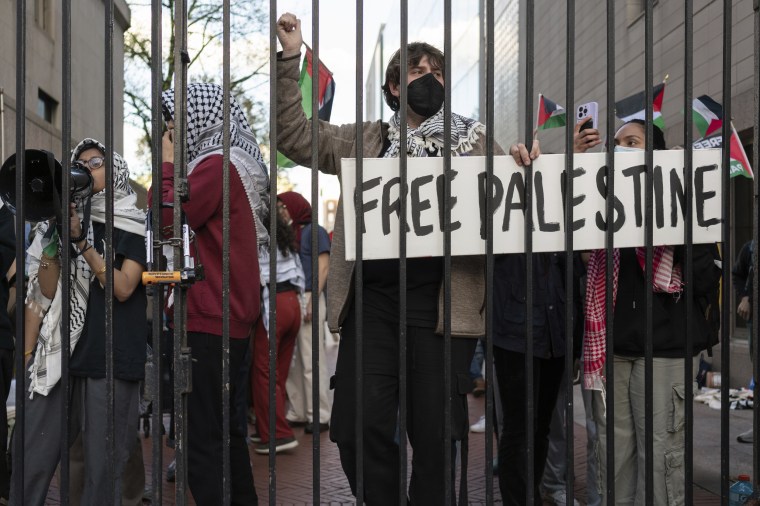
Columbia/Barnard Hillel said in a post on X that it doesn’t believe Jewish students should have to leave, but that the university and city should do more to protect students.
In a letter Sunday night, it said Columbia “must put an end to the on-campus protests that violate the University’s events policies. Off-campus protests need to be moved if the protestors will not end their harassment of students.”
Columbia on Sunday responded to concerns with a plan to beef up security. It includes hiring 111 additional security personnel; improved ID checks; extra security during Passover, which begins Monday; and heightened security around the perimeter of campus, the university’s office of the chief operating officer said in a letter to the campus community.
Columbia said through a spokesperson earlier Sunday that students have a right to protest “but they are not allowed to disrupt campus life or harass and intimidate fellow students and members of our community.”
“We are acting on concerns we are hearing from our Jewish students and are providing additional support and resources to ensure that our community remains safe,” the spokesperson said.
New England Patriots owner Robert Kraft, a Columbia alum whose name is on the Jewish student center he helped to fund, released a statement Monday saying he no longer supports the university.
“I am no longer confident that Columbia can protect its students and staff and I am not comfortable supporting the university until corrective action is taken,” Kraft posted to social media.
Arrests on campus
On Thursday, 113 people were arrested after Shafik sent a letter to New York police requesting its help to break up the encampment that had been set up on campus in support of Gaza.
Shafik said in the letter to police that the group was violating university rules and that the encampment “and related disruptions pose a clear and present danger to the substantial functioning of the University.” In a news conference about the arrests, police described those arrested as peaceful and said they offered no resistance.

